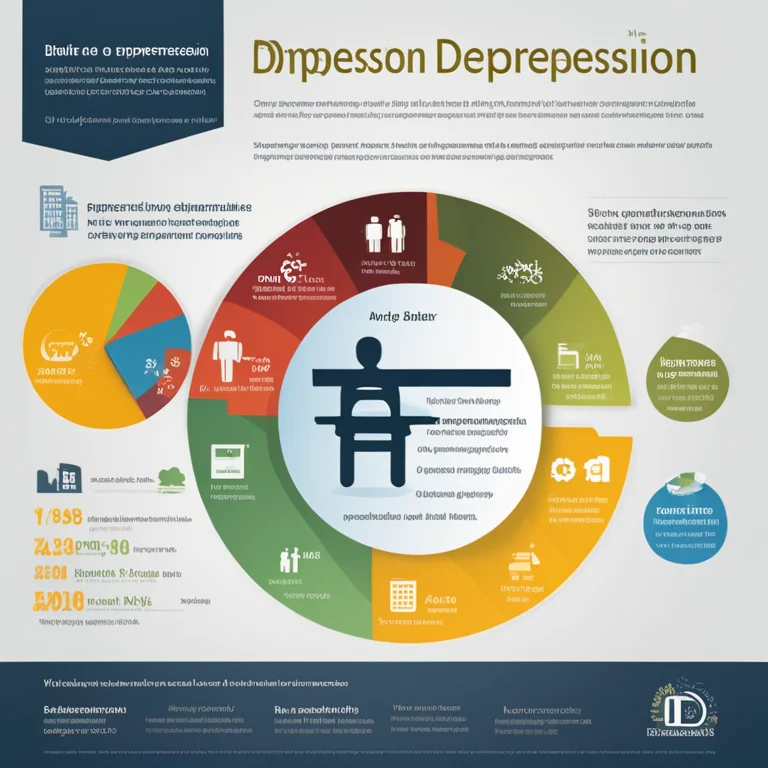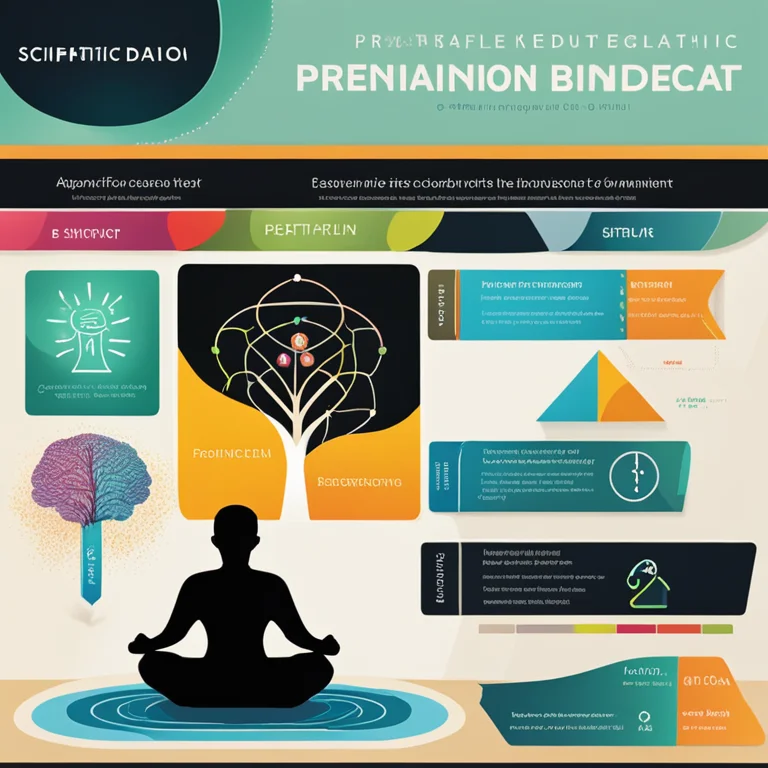
Meditation & Its Role in Alleviating Depression
Discover how meditation techniques can be a beneficial tool in managing depression, offering natural ways to boost mental health and emotional balance.
article by Hina Kurosawa
The Prevalence of Depression
Depression is among the most common mental health challenges, affecting millions globally. Its impact on daily life ranges from mild to disabling, with symptoms that can severely undermine an individual's quality of life and well-being. In recent years, alternative approaches have been recognized and implemented as complementary treatments, including the ancient practice of meditation. This article delves into how meditation can be an effective non-pharmaceutical approach to depression management.

Meditation Defined
Meditation is a mind-body practice with historical roots in various cultural traditions. It typically involves the deliberate regulation of attention and focus to foster a state of mental clarity and emotional calmness. Various techniques exist, such as mindfulness, concentrative, and transcendental meditation, each providing unique pathways to tranquility. Its growing popularity in Western society as a stress-relief tool has prompted further exploration of its therapeutic benefits, especially concerning emotional disorders.

The Science Behind Meditation and Mood
Neuroscientific research in the field of meditation has expanded, revealing its impact on the brain. Meditation is known to influence areas such as the prefrontal cortex, which is involved in regulating emotions, and the amygdala, the brain's "stress center." Regular meditation practice has been shown to reduce activity in the amygdala when exposed to emotional stimuli, thus potentially diminishing the physiological response to stress which is often exacerbated in depression.

Starting a Meditation Regimen
Adopting meditation into one's lifestyle need not be daunting. Beginners should start with short sessions, perhaps as brief as five minutes, gradually increasing the duration as comfort with the practice grows. Consistency is key – daily practice, even for short periods, is beneficial. There are many resources available, from community classes to online apps, designed to guide through the initial phases of meditation practice.

Different Types of Meditation for Depression
Mindfulness meditation, with its emphasis on present-moment awareness without judgment, encourages a gentle acceptance of negative thoughts and feelings, which can reduce the rumination often associated with depression. Loving-kindness meditation, another form, focuses on developing feelings of compassion and love, both towards oneself and others, which can counteract feelings of worthlessness and self-criticism.
Meditation as a Complementary Approach
Meditation is best viewed as a complement rather than a replacement for traditional depression treatments such as therapy and medication. It bolsters conventional treatments, offering additional support for managing daily stress and improving overall mental health. As interest in holistic well-being continues to grow, the integration of meditation into comprehensive treatment plans for depression is gaining acceptance among mental health professionals.
Final Thoughts on Meditation for Depression
Empirical evidence supporting meditation's benefits for depression offers hope for those seeking alternative or supplementary methods of coping. As with any form of treatment, individual experiences may vary, and it is important to consult with a healthcare professional when considering meditation as a part of a treatment plan for depression. Nevertheless, the practice provides a promising avenue for many to reclaim their mental health, naturally and at their own pace.
Published: 1/9/2024
Modified: 1/9/2024
More predictions
Come back here soon to learn more about yourself and your future


Serenity Through Meditation Retreats
Embark on a transformative journey at a meditation retreat to recharge, refocus, and reconnect with your inner self.


Mindful Rest: Integrating Meditation & Sleep for Well-being
Discover the synergy of meditation and sleep in enhancing mental, emotional, and physical health. This article delves into practices that combine these powerful restoration tools.


The Harmony of Meditation and Sleep
Discover the synergistic benefits of meditation for enhancing sleep quality and overall well-being in this insightful article.